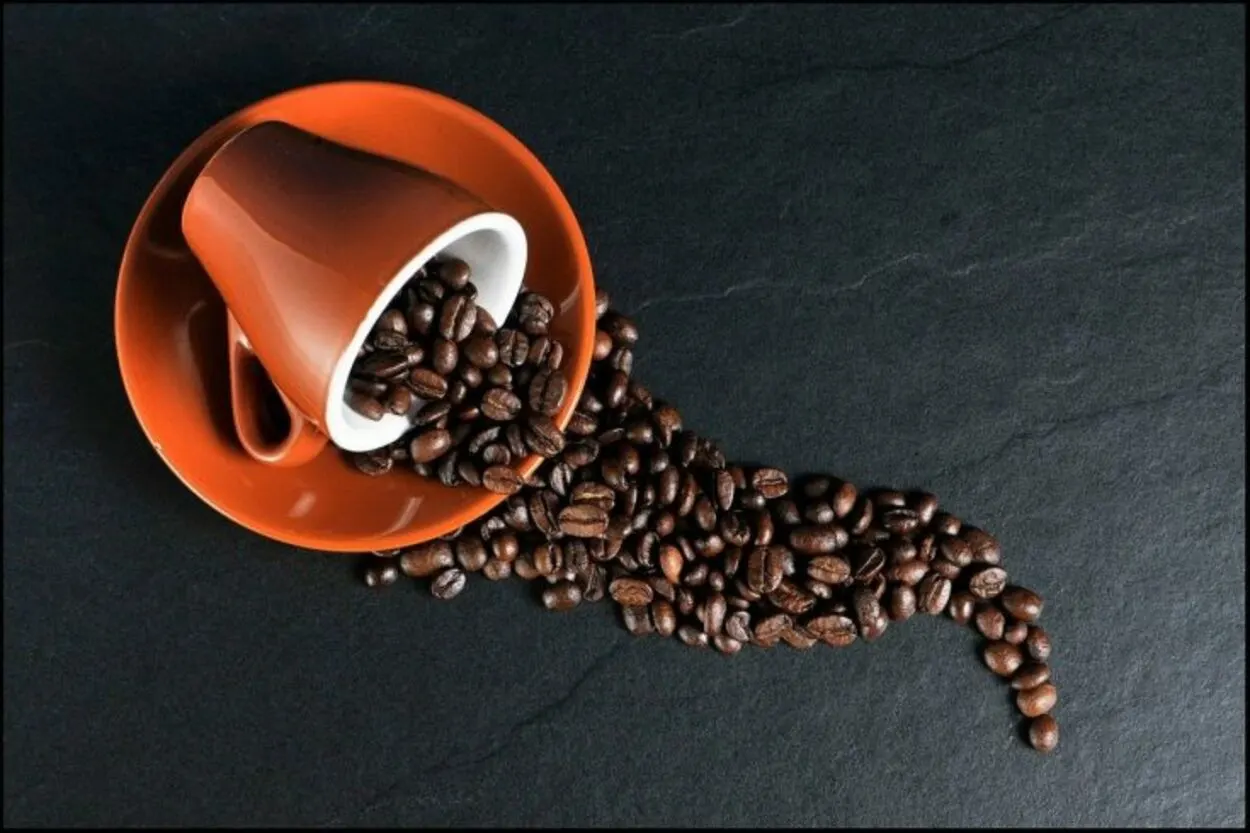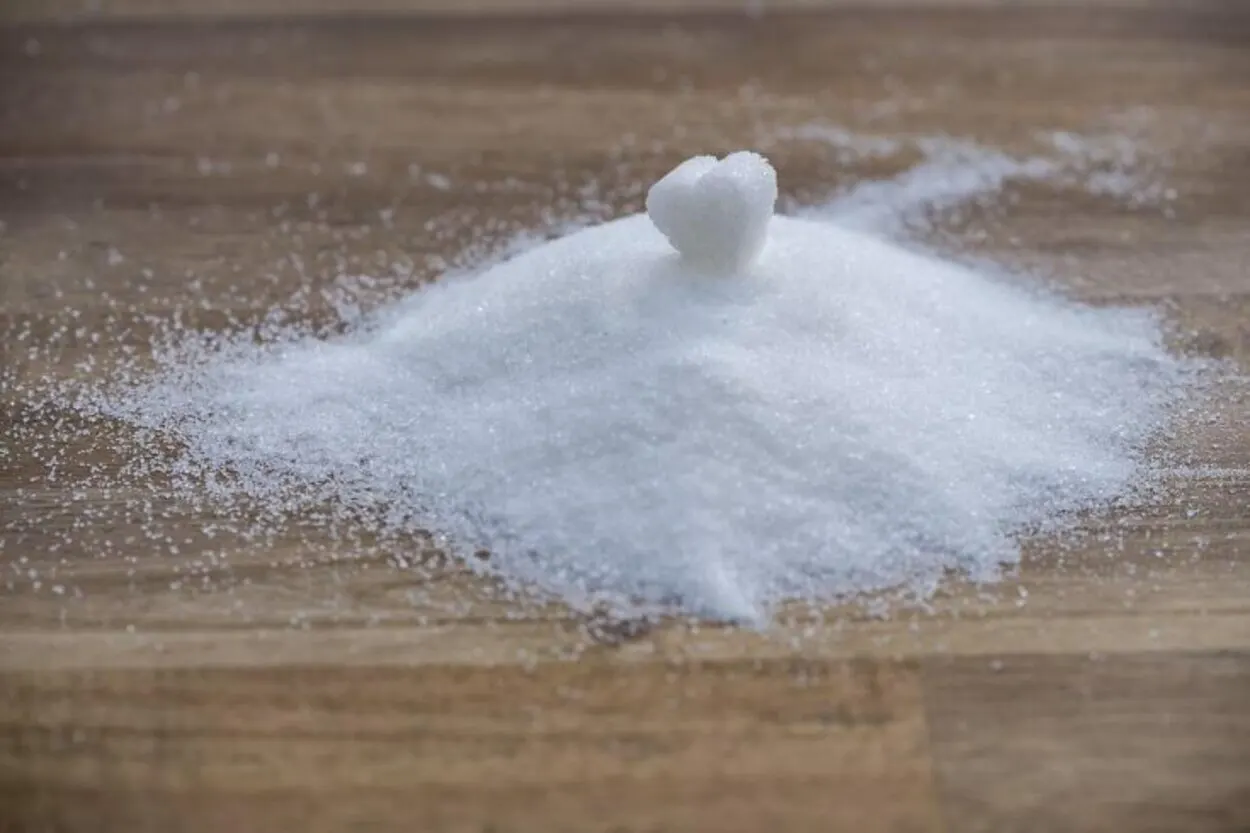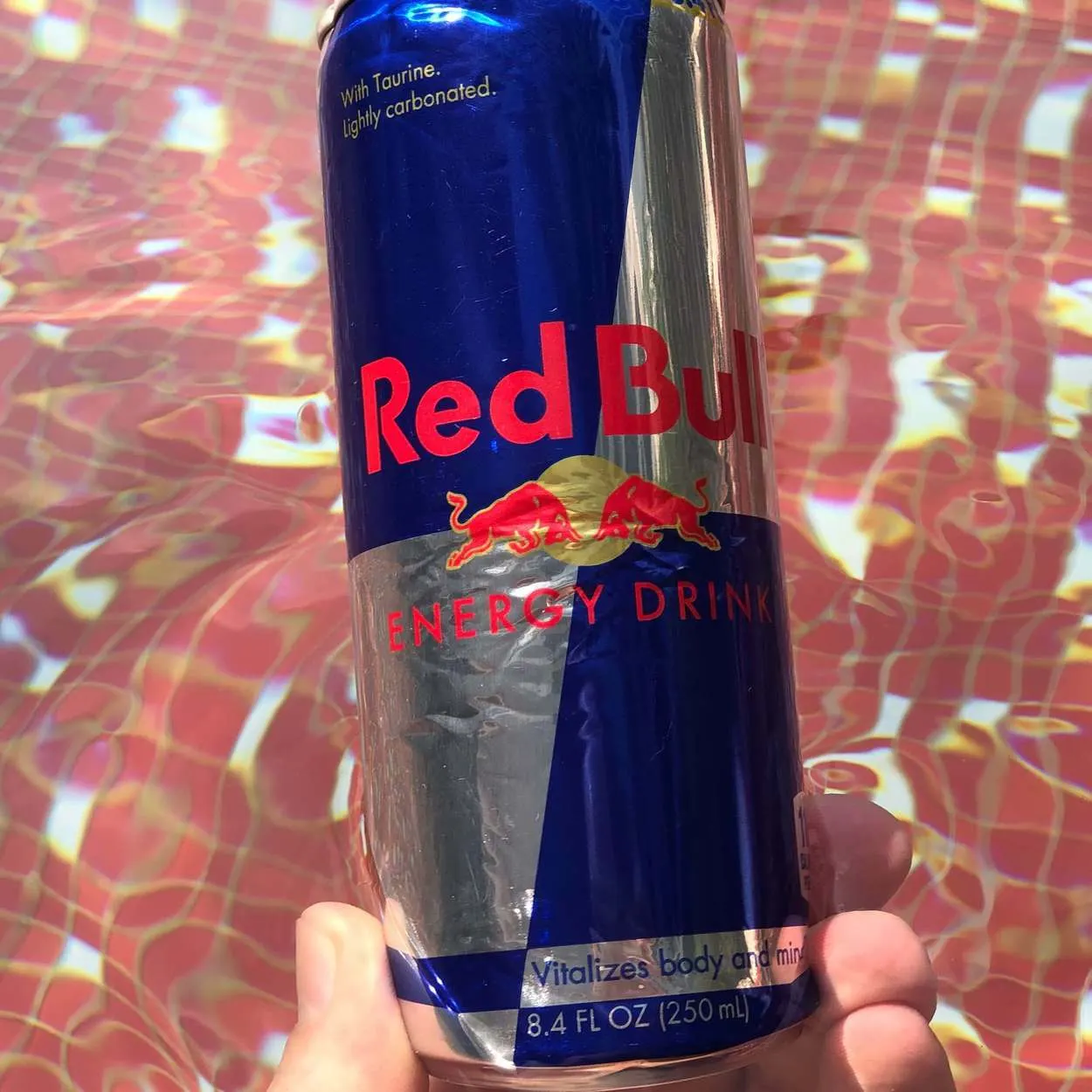Almost everyone has experienced “gassiness” at some point in their lives. Some people link gas with little more than bloating, while others link it to abdominal discomfort.
These are a few of the bodily processes that are most frequently involved in the passage of gas through the gastrointestinal (GI) tract. Numerous factors, such as your food, the kinds of drinks you drink, and any underlying medical disorders, might contribute to gas production.
Short answer: Caffeine, which is present in energy drinks, can produce bloating and gas. If you consume energy drinks that include larger doses of sugar substitutes, you’re more likely to feel bloated. But if you consume fewer energy drinks, you can keep things under control.
If you have gas, it might be difficult to eat and drink. To prevent your illness from becoming worse, it is crucial to know what to avoid and what to keep on hand, especially if you drink a range of beverages.
Contents
Bloating: What Is It?
GI problems cause the belly to become gassy, which makes you feel bloated. You may have pain and suffering as a result, which might harm your everyday life.
A survey taken in 2021 revealed that 15% of Americans link allergies to GI (gastrointestinal) symptoms including bloating and stomachaches. These realities are confirmed by the evidence.
You can get a really strong pulsating discomfort that travels around a lot. Bloating has several different causes, all of which require different treatments.
What Causes Bloating?
Here is a list of some of the bloating’s many causes:
- Taking a breather while eating and drinking
- Bloating may result from overeating
- Celiac illness (sensitivity to gluten)
You can make certain dietary modifications if you want to lessen gas and bloating.
Carbonated Drink
To begin with, stay away from carbonated beverages including soda, beer, carbonated water, and energy drinks. You’ll feel less bloated and have less gas in your digestive system if you refrain from drinking carbonated beverages.
FODMAPs
It is best to stay away from dairy products and meals high in fermentable carbohydrates, or FODMAPs. These are sugars that some people have trouble properly digesting.
What Else Can Decrease Bloating or Gas?
You may do other things to lessen gas and bloating besides avoiding particular meals.
Eating Style
- To slow down your eating, eat smaller, more frequent meals throughout the day.
- If at all feasible, eat when sitting down rather than while moving, and keep conversation to a minimum while you are eating.
- Sometimes, taking a quick stroll after eating will aid with gas relief.
Determine Causes
It’s essential to identify the causes of gas and bloating to prevent them:
- Some problems, like constipation, may be helped by increasing fiber intake, drinking more water, and engaging in greater physical exercise.
- As a side effect, prescription drugs and medication have the potential to make you flatulent.
- Other diseases that demand medical attention include celiac disease, GERD, and lactose intolerance.
- Consult a doctor if you’ve tried to stay away from meals that make you gassy but it hasn’t helped.
Does Caffeine Cause Bloating and Gas?

Caffeine might result in reduced abdominal gas, which can induce bloating.
According to certain studies, caffeine relaxes the LES, which might result in gas in the lower abdomen or much worse.
Contrarily, some research contends that there is insufficient proof to draw the conclusion that cutting down on caffeine can improve your health.
It’s also important to note that according to FDA recommendations, limiting your daily caffeine intake to 400mg enhances your health by preventing negative effects including agitation, irregular heartbeats, fatigue, and sleeplessness.
Is Sugar Bad for Bloating and Gas?

Bloating may result from the gas that sugar can produce.
According to a few studies, some forms of sugar can make people with digestive issues including irritable bowel syndrome (IBS) or small intestine bacterial overgrowth (SIBO) feel bloated and gassy.
Sugar consumption in excess is dangerous. Men should consume no more than 36g of sugar per day, while women should consume no more than 25g.
So, drinking too many energy drinks that include sugar might also cause you to feel bloated.
Bloating and carbohydrates
Carbohydrates come in two varieties: processed carbohydrates and healthy carbs. Refined carbohydrates, which are bad for the digestive system, are prevalent in energy drinks. A great example of this kind of carb is sugar.
Then there is another kind of carb that is healthy yet still causes bloating. Your intestines may need some time to become used to eating carbohydrates. You can begin a low-carb diet in the interim.
Bloating and Carbonation
There is a lot of carbonation in energy drinks. Everyone knows that non-fizzy beverages are unpleasant. It could, however, be a contributing factor to your digestive issues.
One of the things that might cause you to bloat from energy drinks is carbonation. It’s crucial to remember that not everyone is sensitive to this gas, therefore for some people, it could not be an issue.
There are several effects of carbonation, including:
- Rapid weight gains
- Aching teeth
I advise choosing non-carbonated beverages if you are sensitive to carbonated drinks. Vitamin powder can be used in place of energy drinks.
Can Energy Drinks Lead to Bloating and Gas?
It seems that energy drinks can cause flatulence by releasing gas.
Some people are more sensitive to caffeine than others and can feel these symptoms even after consuming only a modest quantity, even though greater amounts of caffeine are more likely to cause gastrointestinal problems and stomach gas.
This condition can also be brought on by consuming carbonated or caffeinated beverages, such as soft drinks.
Guarana, artificial colors, citric acid, and preservatives are a few more substances in energy drinks that have been connected to bloating and gas. It’s advisable to stay away from energy drinks if you have acid reflux because each individual reacts differently to them.
Stick to proper beverages rather than jeopardizing your health to prevent upsetting your stomach or making your situation worse.
Can Someone With Gas Problems Drink Energy Drinks?
Even if you have a gas issue, you can still drink energy drinks, but only in moderation.
The presence of caffeine and other stimulants in your stomach might be problematic and delay your recovery.
Additionally, it’s critical to monitor the amount of caffeine and other components that can result in digestive issues, which can have a range of effects depending on the person. By selecting energy drinks over any other type of beverage, you can decrease the drawbacks.
Best Energy Drinks for Gas and Bloating Issues
Whatever your circumstance right now, the energy drink business has a product that can help. They may be enough to help you through your digestive issues as they include components that keep your body active.
Reduce your coffee intake and stay away from meals and drinks that cause acid reflux if possible.
Here are some energy drinks that you may consume even if you have a gas issue.
Red Bull Energy

Red Bull has a moderate level of caffeine, which makes it unlikely to aggravate your gas problem or have any negative side effects. Contrarily, Red Bull has a lot of calories and sugar, which might lead to health problems including sugar crashes.
| Ingredients | Amount |
| Caffeine | 80mg |
| Sugars | 27g |
| Calories | 110 |
If you don’t have any negative effects from this quantity of caffeine, I advise Red Bull for an increase in energy. As always, limit your usage to the absolute minimum.
Energy drink Guru
Guru is a pure energy drink made from all-natural tastes and organic components. If you have acid reflux, a higher caffeine content (20mg more than Red Bull) can be a problem.
| Ingredients | Amount |
| Caffeine | 100mg |
| Sugar | 21g |
| Calories | 80 |
The Guru energy drink is a smart choice if you believe you can handle this much caffeine. You should stay away from it if it causes acid reflux and should consider switching to caffeine-free energy drinks in its place.
Additional Mentions
FAQs about energy drinks

Q. What is an Energy Drink?
Energy drinks are non-alcoholic beverages that often include caffeine and other nutrients like taurine and B vitamins.
Q. Do Energy Drinks Contain Enough Caffeine?
No. In actuality, a typical mainstream energy drink has less than half as much caffeine as a comparable-sized cup of café coffee and around the same amount of caffeine as home-brewed coffee. For instance, a standard 16-oz cup of café coffee includes roughly 330 mg of caffeine, compared to about 160 mg in an energy drink. An 8.4 oz energy drink usually contains 80g of caffeine.
Q. Where Can I Learn About the Ingredients in my Energy Drink?
Consumers may find a lot of information on energy drink labels, some of it required by law and some of it voluntarily offered by top energy drink manufacturers under ABA regulations. Among other things, consumers may quickly understand the following from the label:
- The entire quantity of caffeine, freely supplied, from all sources;
- Every component, as required by American law;
- A Nutrition Facts Panel that complies with U.S. legislation and lists the product’s calories and other nutrients;
- Information about allergens, if any (required by U.S. law).
- Additionally, websites for certain energy drink manufacturers frequently offer even more details on the drinks they sell.
Q. How Much Sugar do Energy Drinks Contain?
There are energy drinks with and without added sugars and calories. When they do, it usually amounts to about the same amount as an equal volume of other sugar-sweetened beverages. Similar to other commonly consumed foods and drinks, the Nutrition Facts Panel and ingredients list on the back of the label both provide all the nutritional and ingredient information (including the quantity of sugar).
Conclusion
- There are challenges involved in changing your food and way of living to prevent gas issues. This includes meat, caffeinated, and fizzy drinks, to name a few items.
- It hurts, especially if you’re used to consuming caffeinated drinks such as most energy drinks, first thing in the morning.
- There is no proof that coffee promotes stomach acid reflux, although many doctors advise people with the condition to avoid it. Caffeine seems to be safe for some people with acid reflux if it’s not one of their triggers.
